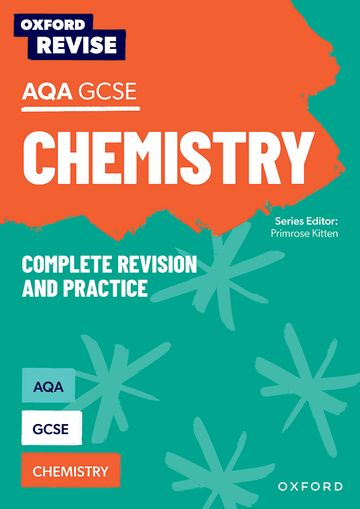Metacognition: Using cognitive science in revision
What is Metacognition and how Cognitive Science impacts revision?
Metacognition is a technical term for thinking about thinking. It’s the ability to be aware of your own thoughts and learning processes. It’s a vital skill for students because it helps them become better learners.
When students have good metacognitive skills, they can understand how they learn, how to retrieve information, how to practice effectively and how to reflect on their performance.
As a parent, you can support your child’s metacognitive development by encouraging them to use these principles in their revision. As parents we often work hard to encourage our students to spend time revising, but there can be uncertainty that the time is being well spent. Metacognition can support your child in making sure they are well equipped to make the most of their revision time.
Key Principles of Metacognition
Knowledge
One of the most important principles of metacognition is knowledge. To be a good learner, you need to have a solid base of knowledge. As a parent, you can help your child build their knowledge by ensuring they have appropriate revision materials at home. This means that when they discover an area of weakness they can easily find information to close the gap in knowledge.
Retrieval
Another important principle of metacognition is retrieval. This refers to the ability to recall information from memory. Good retrieval skills are essential for successful learning because they help students remember what they have learned. Furthermore they allow students to better understand their areas of strengths and weakness.
To support your child’s retrieval skills, you can encourage them to practice recalling information from memory. For example, they could self-quiz using flashcards, or the retrieval questions in the Oxford Revise books.
Practice
Practice is essential for learning because it helps to consolidate knowledge and skills. When students practice they must ensure they are practicing areas of weakness more often. A student with strong metacognition is able to successfully identify the areas most in need of practice and pick the best strategy to improve on that area.
Often this is in the form of exam-style questions. When using these students with strong metacognitive skills will consider their knowledge of the question, comparing it to similar questions they have experienced previously. They will then apply their knowledge in the most appropriate way possible to answer the question to the best of their ability. When they get stuck, they adapt their approach, possibly revisiting the material in their revision guide to refresh their knowledge, or trying an alternative method to reach the desired answer.
Reflection on Metacognition in revision
The final, but most important step is reflection. Students with strong metacognitive skills are able to reflect on their work so far and adapt their approach. As a parent you can support their reflection by asking them how their most recent revision session went. Did they get stuck on anything? What is their plan to become unstuck? How do they know they are making progress? These prompts will help them reflect and encourage them to make effective decisions about what to do next.
Found this article useful? Watch more on the Oxford Revise YouTube Channel.
Useful links
Revision books

AQA GCSE Chemistry
Get complete coverage of AQA GCSE Chemistry in one easy-to-use book. You will revise the complete course, from the periodic table to how we use the Earth’s resources.

AQA GCSE Foundation Mathematics
Revise everything you need to know to do well in AQA GCSE Foundation Mathematics. You will build your confidence with practice that’s tailored to the Foundation paper.